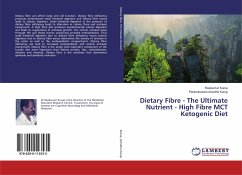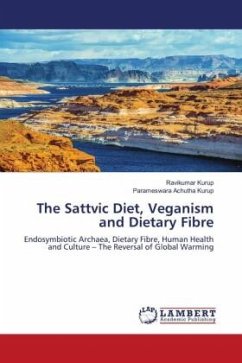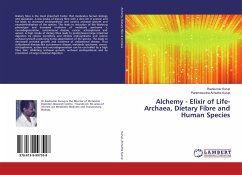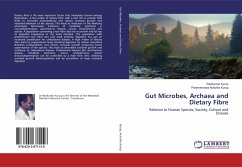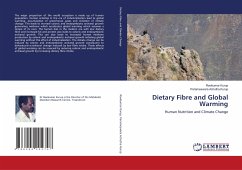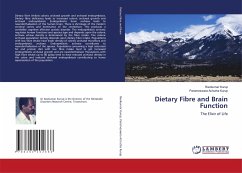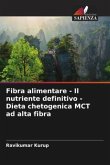Dietary fibre can affect body and cell function. Dietary fibre deficiency produces predominant small intestinal digestion and dietary fibre excess leads to colonic digestion. Small intestinal digestion in the presence of dietary fibre deficiency leads to alteration in colonic flora and archaeal overgrowth. A high fibre diet produces predominantly colonic digestion and leads to suppression of archaeal growth. The colonic archaea seeps through the gut blood barrier producing archaeal endosymbiosis. Thus small intestinal digestion due to dietary fibre deficiency versus colonic digestion due to dietary fibre excess determines the density of archaea in the colon as well as the endosymbiotic compartment. Dietary fibre deficiency can lead to increased endosymbiotic and colonic archaeal overgrowth. Dietary fibre is the single most important component of the human diet more important than dietary protein, fats, carbohydrates, vitamins and minerals. Dietary fibre is the substrate that determines symbiosis and symbiotic evolution.

